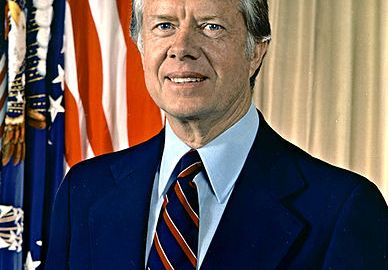Who Should We Send To Free The U.S. Hostages In Iran?

I am sitting in Abu George, a hideout in the old souk of Damascus. It is perhaps the world’s smallest bar. The joint’s avuncular namesake stands behind the small bar, pouring drinks (mostly beers). There are no photos of the Syrian president. But there is a topless photo of a pin-up girl, a rarity in Syria. I am talking with a Palestinian journalism student over sips of beer (let’s call him Karim). He is one of about 400,000 Palestinian refugees here, since he cannot leave Syria because if he does it will require him to get a passport and then he will have to do military service. With his bushy hair and hipster threads, Karim hardly looks like a soldier. He is a hostage of sorts, a citizen without a state.
We start talking about some other hostages, American friends of his who were studying Arabic in Damascus before going backpacking in northern Iraq, where Iranian police nabbed them. Karim says that he and several other Syrian friends of his were going to write a letter to the Carter Center to implore the White House to send Jimmy Carter to Tehran and plea for his friends’ release, much like how Bill Clinton rescued two American journalists in North Korea (he did let slip that the backpackers were lefties but which expatriates in their twenties are not?). I thought the idea seemed sound, except for the baggage Carter brings to the table (the Iran hostage crisis, after all, occurred on his watch). I also mentioned that Carter was radioactive in some power circles in Washington, at a sensitive time when the Obama administration already has its hands full with health care reforming and is seeing its approval ratings tank.
Some high-level figure like Al Gore or George H.W. Bush may ultimately be summoned to Tehran to plea for their release. Carter might be a sensible choice, were he not such a divisive figure. Even if he rescued the hostages, coaxed Tehran to put the kibosh on its nuclear program, and convinced Iran’s president to hold a reelection, Carter would be criticized by the right wing for negotiating with terrorists. In the end, perhaps this hostage crisis requires some quiet diplomacy, not a front-page visit to Tehran by a bold-faced name.





